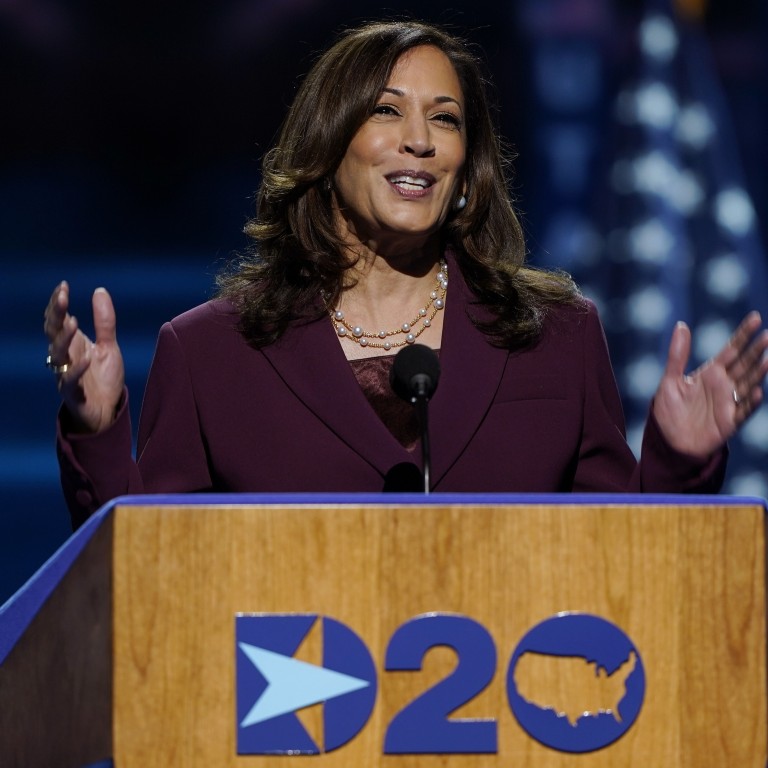
What’s in a name? For Kamala Harris, maybe an edge with some Asian-American voters
- The Democratic vice-presidential nominee is one of the few US politicians not of Chinese heritage to have a Chinese name that she chose for herself
- By law, candidates names’ must be translated into Chinese in some areas of the US – but often based on phonetics rather than meaning
What’s in a name? For Kamala Harris, one of the few US politicians who has chosen a Chinese name for herself, it could mean an edge with Chinese-speaking voters.
Her given name “Kamala Devi” means “the goddess Kamala” – one of the many names of the Hindu goddess of wealth, Lakshmi. And “Kamala” itself means “she of the lotus” in Sanskrit.
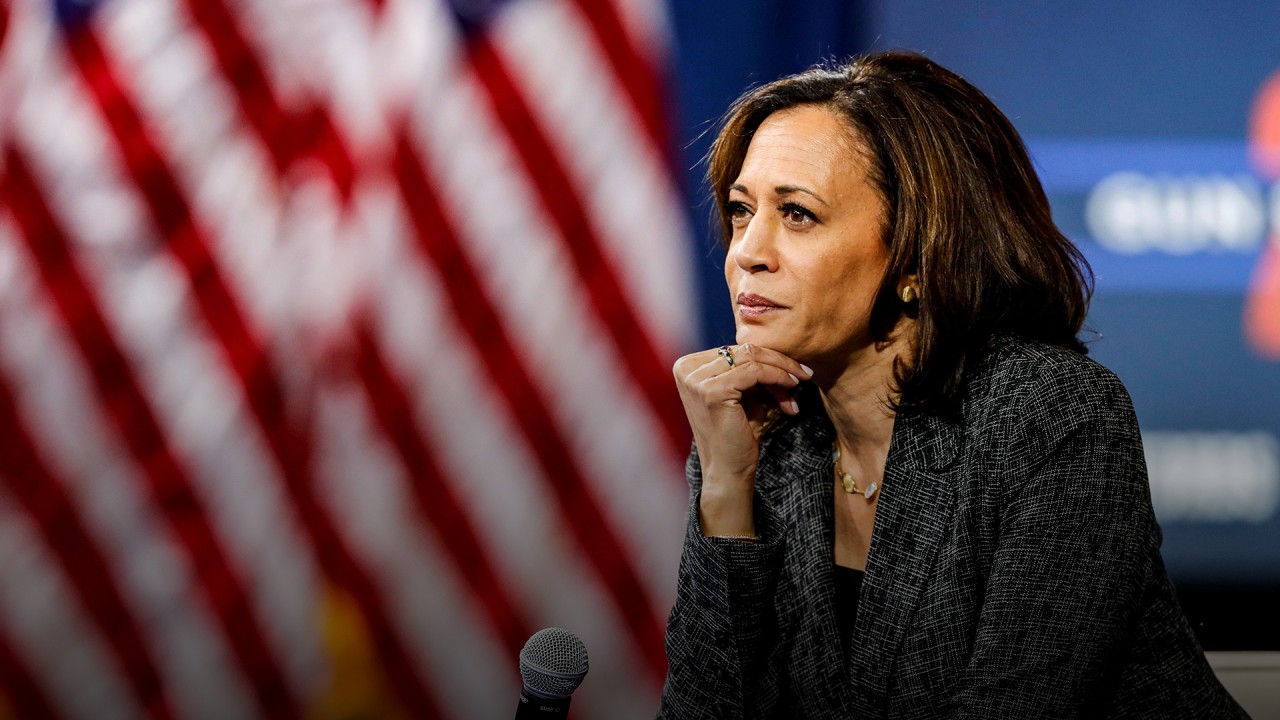
03:10
Who is Kamala Harris? Joe Biden’s vice-president pick
She is also one of the few US politicians with no Chinese heritage to have an official Chinese name, instead of a mere phonetic transliteration. In traditional characters it is 賀錦麗 – pronounced He Jinli in Mandarin and Ho Gam-lai in Cantonese, the latter having a similar sound to “Kamala”.
To assist voters not proficient in English, the law requires that candidates’ names be translated into Chinese for the ballot in areas with a large number of Chinese speakers. And so 賀錦麗 will appear on the ballot in places such as San Francisco, Los Angeles and New York City.
Much of the Chinese-language media both in the US and elsewhere, however, use a purely phonetic transliteration of her name – Kamala Halisi (卡玛拉 哈里斯).
Harris started a bit of a political trend in San Francisco when she became one of the first candidates not of Chinese heritage to adopt a Chinese name while running for district attorney in San Francisco in the early 2000s.
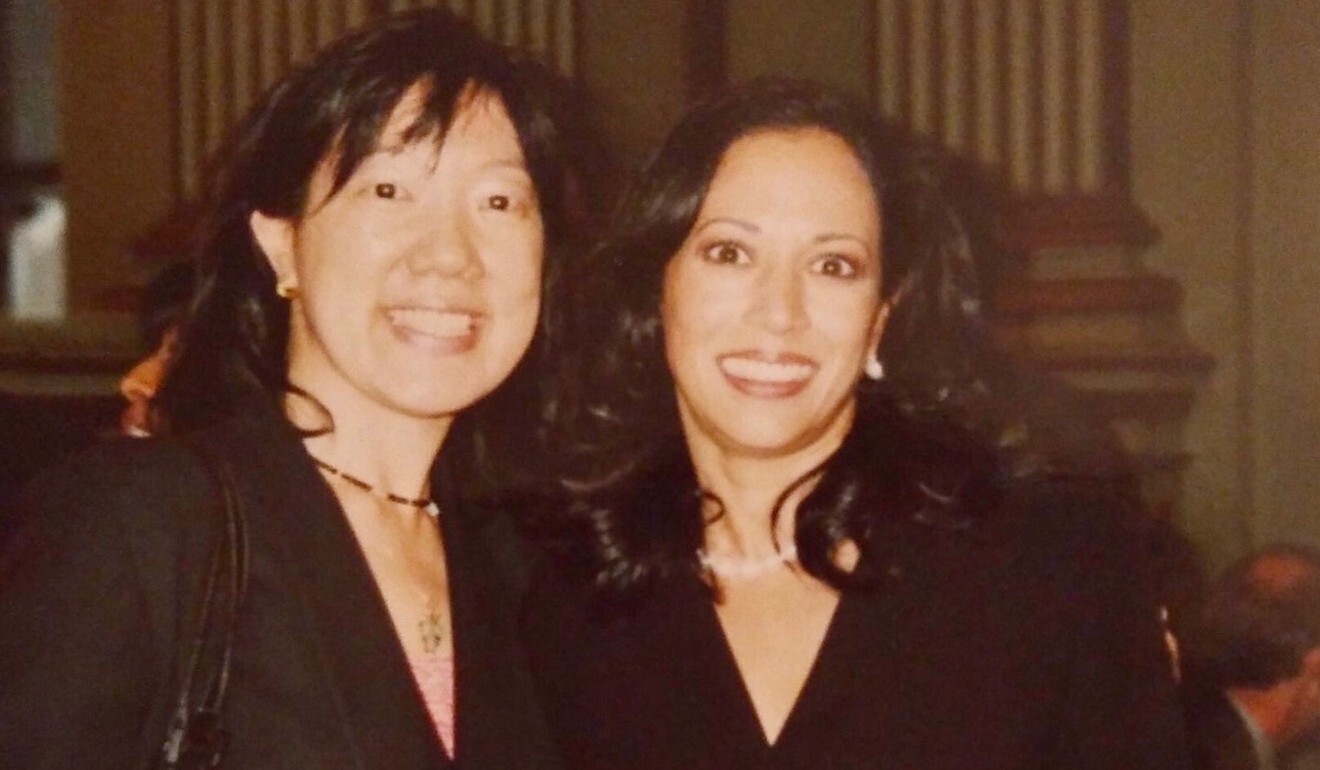
She did so at the suggestion of her long-time Chinese-American friend Julie D. Soo, who met Harris two decades ago when both were lawyers in the Bay Area and thought a Chinese name would be an advantage.
“Because the ballots in San Francisco were in English, Spanish and Chinese back then. I said, ‘Kamala, you should get a really good Chinese name because the registrar often just dishes out transliterated names for the ballot that are meaningless and just based on phonetics’,” Soo said in an interview with This Week In Asia.
A good name, Soo reasoned, could also help Harris get some Chinese media coverage – and avoid the possibility that a randomly assigned transliterated name might mean something unfortunate in Chinese.
Soo asked her father, the late Chinese-American community leader Stephen H. Soo, to come up with an auspicious name for Harris.
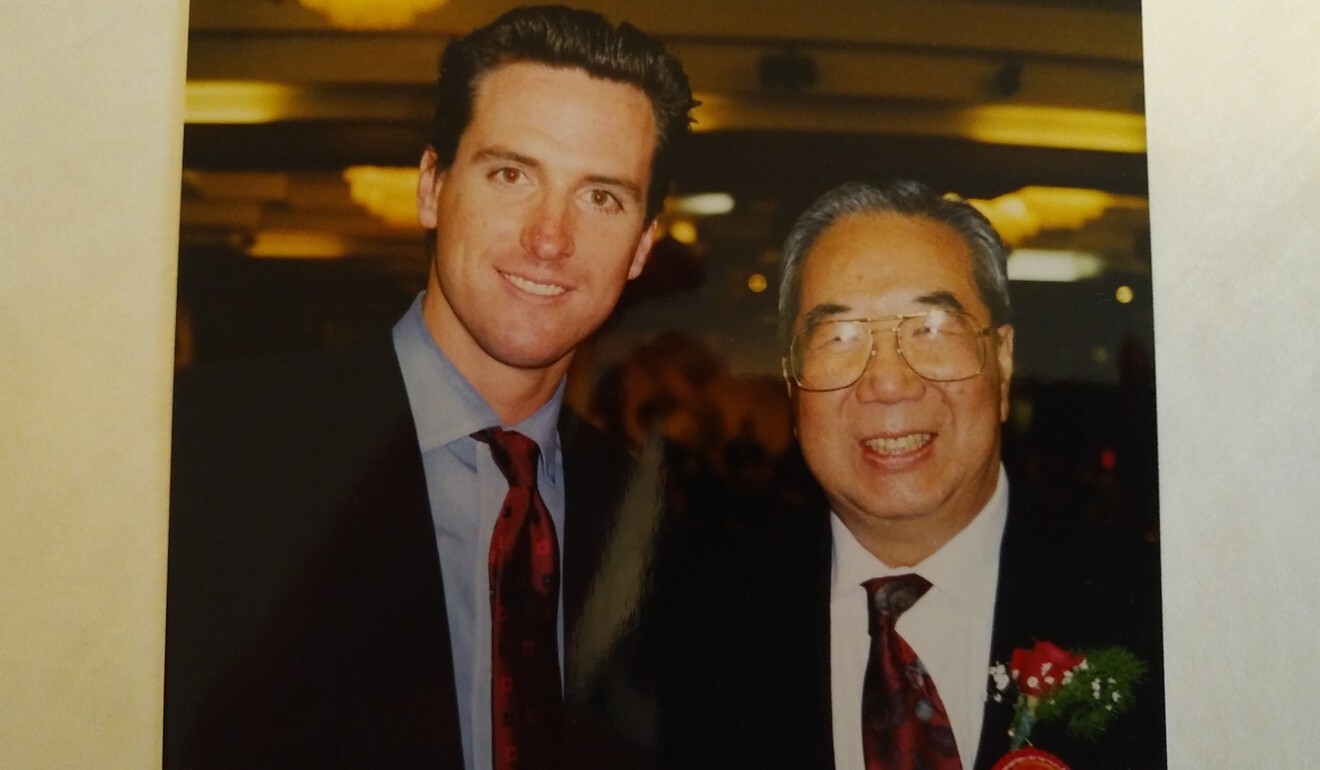
The first character he chose, 賀, means “congratulate” or “successful”; 錦 refers to “brocade” or a work of embroidery; and 麗 means “beautiful” or “magnificent”.
But when Soo told Harris what it meant, she was a little sceptical.
“She went, ‘Hmm, I don’t know if I want ‘beauty’ in the name’. But I told her that 錦 and 麗 in combination means an intricate beauty, not a superficial one, so it’s like she’s a woman of substance.”
A law introduced in San Francisco last year means that candidates are now unable to use a Chinese name that they picked for themselves on the ballot, unless it has been in use for at least two years. Otherwise they must use a straightforward, phonetically-transliterated version of their English name.
As India celebrates Kamala Harris for VP, a question over China and regrets over Trump
Soo said she believes a carefully selected name can be a way for candidates to connect with Chinese speakers.
It certainly seemed to help Harris when she ran for office in San Francisco. Attending events in Chinatown, she scored a few points whenever she introduced herself with a pitch-perfect “Hello everyone, my name is Kamala Harris” in Cantonese.
“Her tones were so good,” Soo said. “And I would be so amazed when the po po (grandmothers) would yell out her name in Cantonese and she would turn around [and acknowledge them].”
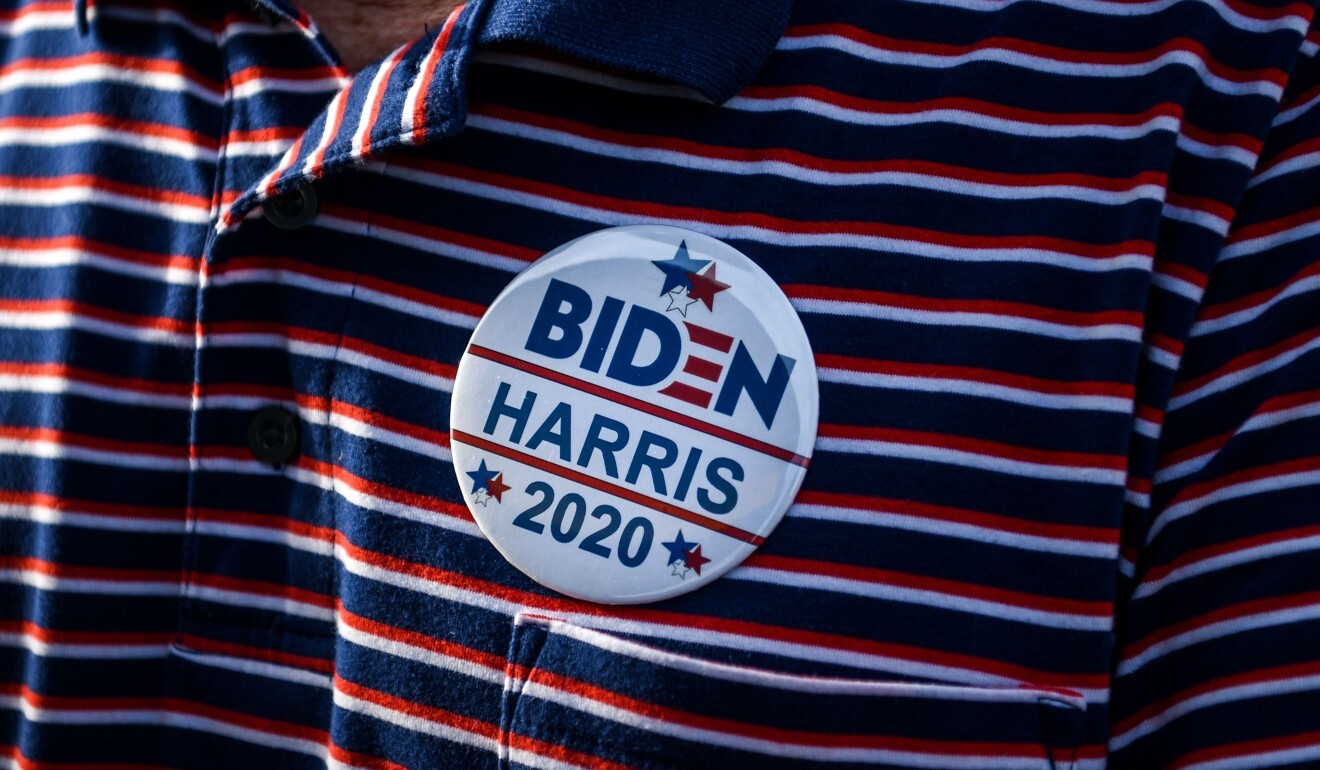
Of course, it will take more than just a Chinese or Indian name to win the Asian-American vote – but research suggests the mere presence of Harris on the ticket could boost voter turnout, especially among Indian-Americans.
Analysing California state assembly elections between 2012 and 2018, Sara Sadhwani, an assistant professor of political science at Pomona College in California, found that Asian-American voters were more likely to head to the polls if their district had an Asian-American candidate, even if that candidate had a different background.
This effect was especially pronounced among Indian-Americans when there was an Indian candidate, and it occurred regardless of which party the Asian candidate was from.
As the first Asian-American on a major party ticket for the presidency, Harris will be the first test of this at the national level.
But her 2016 Senate run in California, when she scooped most of the Indian-American vote, would seem to bode well. And in the 2016 presidential election, the Democratic ticket won over about two-thirds of Asian-American voters.
I think she is the quintessential intersection of identities
Because she has long identified as both Black and Asian, Harris could galvanise voters from both groups, said Sadhwani, adding that in districts with a large proportion of African-Americans, Black voter turnout also tends to increase when there are black candidates.
And while there has been some debate over which of the California senator’s identities trumps the other, she can convincingly claim dual heritage.
“So I think she is the quintessential intersection of identities: not only is she black, she is also Indian and she is also a woman,” she said. “She is picking up on so many roles, and I think there are a lot of people in America who can see their own stories reflected in her.”
